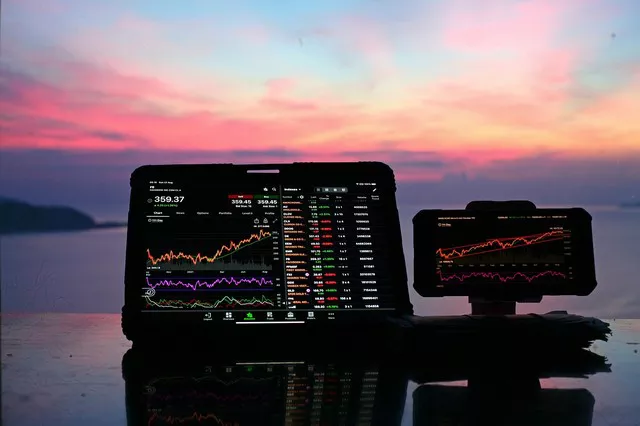Futures trading is a popular investment method used by traders and investors to manage their risks and speculate on the price movements of various assets. It involves buying or selling contracts that represent the right to buy or sell an underlying asset at a predetermined price and time in the future. However, one critical question that arises when engaging in futures trading is how long can you hold futures? In this article, we will answer this question in detail, discussing the different factors that determine the time horizon of futures trading, the benefits and risks of holding futures for longer periods, and some essential tips for managing your futures positions.
Factors That Determine the Time Horizon of Futures Trading
The time horizon of futures trading refers to the duration for which a trader or investor holds a futures contract before liquidating it. Several factors influence the time horizon of futures trading, including:
Market Conditions: The market conditions significantly affect the time horizon of futures trading. For instance, if the market is volatile, traders may hold their positions for shorter periods to avoid significant losses. Conversely, during stable market conditions, traders may hold their positions for longer durations to maximize gains.
Trading Strategy: The trading strategy employed by an investor significantly affects the time horizon of futures trading. For instance, day traders usually hold their positions for a few hours or even minutes, while swing traders may hold their positions for several days to weeks. Position traders, on the other hand, may hold their positions for months or even years.
Investment Goals: Investment goals also play a vital role in determining the time horizon of futures trading. If the goal is to make short-term gains, traders may hold their positions for a few days or weeks. Conversely, if the goal is to hedge against market risks, traders may hold their positions for longer periods, sometimes months or even years.
Benefits and Risks of Holding Futures for Longer Periods
Holding futures for longer periods can be beneficial for investors in several ways, including:
Maximizing Returns: Holding futures contracts for longer periods can help investors maximize their returns. This is because holding positions for more extended periods allows investors to capture more significant price movements, which can translate into higher profits.
Hedging Against Market Risks: Investors can use futures contracts to hedge against market risks by holding positions for longer durations. For instance, a farmer may hold a wheat futures contract for several months to protect against fluctuations in wheat prices during the planting and harvesting season.
Reduced Trading Costs: Holding futures contracts for longer periods can help investors reduce trading costs. This is because frequent trading can result in high transaction costs, which can eat into your profits.
However, holding futures for longer durations also comes with its risks, including:
Increased Exposure to Market Risks: Holding futures contracts for longer periods exposes investors to more significant market risks, especially if they fail to monitor their positions regularly. This can result in significant losses, especially during turbulent market conditions.
Margin Calls: Holding futures contracts for longer periods may require investors to maintain a more substantial margin balance. Failure to meet the margin requirements can result in margin calls, where an investor is required to deposit additional funds to keep their position open.
Opportunity Costs: Holding futures contracts for longer periods may limit investors’ opportunities to invest in other potentially profitable assets. This can result in missed opportunities and reduced overall returns.
Essential Tips for Managing Futures Positions
To effectively manage your futures positions, here are some essential tips to keep in mind:
Set Realistic Goals: When engaging in futures trading, it’s essential to set realistic goals based on your trading strategy and investment objectives. This will help you determine the appropriate time horizon for holding your positions.
Regularly Monitor Your Positions: To avoid significant losses, it’s crucial to monitor your futures positions regularly. This can help you identify potential risks and take appropriate measures to mitigate them.
Maintain Adequate Margin Balance: To avoid margin calls, it’s essential to maintain an adequate margin balance at all times. This means having enough funds in your account to cover any potential losses that may arise.
Conclusion
In conclusion, the time horizon of futures trading depends on several factors, including market conditions, trading strategies, and investment goals. Holding futures contracts for longer periods can be beneficial in maximizing returns and hedging against market risks. However, it also comes with its risks, including increased exposure to market risks, margin calls, and opportunity costs. Therefore, it’s crucial to manage your futures positions effectively by setting realistic goals, regularly monitoring your positions, and maintaining an adequate margin balance.

